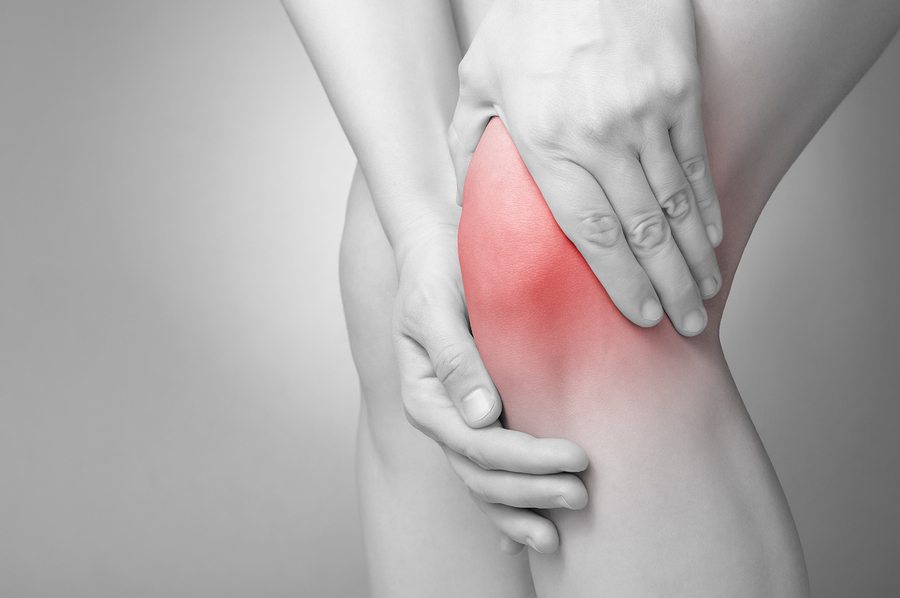Severe joint pain can be debilitating. Depending on which areas of the body are affected, joint pain can limit mobility, impair the function and dexterity of the hands, restrict flexibility, and cause intense discomfort. These effects can make it extremely difficult or impossible for the joint pain patient to participate in jobs, hobbies, or leisure activities he or she used to enjoy.
If you are a Massachusetts resident aged 18 or older, and you are unhappy with the degree of pain relief your current medication is providing, you should speak with a Boston medical marijuana doctor about reducing your pain and increasing your comfort through a monitored, personalized Cannabis care plan. Peer-reviewed medical studies have conclusively shown that Cannabis is able to safely and significantly reduce joint pain with minimal, temporary side effects. Further, multiple conditions that cause joint pain can qualify the patient for Cannabis treatment under the Massachusetts medical marijuana law.
You don’t have to suffer with disabling joint pain in silence. If you or someone you love is struggling to cope with severe, chronic joint pain, contact Inhale MD at (617) 477-8886 to talk about whether medical Cannabis is right for you.
How Does Medical Marijuana Relieve Hip, Knee, Shoulder, Wrist, or Hand Pain?

One of the first questions people often ask is how medical marijuana relieves pain. The answer lies in a seldom-discussed body system known as the endocannabinoid system, or ECS.
Let’s look at each half of this word. In medical terminology, the prefix “endo-” means “within.” As you might have suspected from its similarity to the word “Cannabis,” a “cannabinoid” is a chemical compound in Cannabis.
Stated simply, cannabinoids are the “active ingredient” in marijuana, much the way acetaminophen is the active ingredient in Tylenol. The most famous cannabinoid is THC (Tetrahydrocannabinol), but scientists have actually identified approximately 85 cannabinoids, all of which work in concert to create a synergistic effect colloquially dubbed the “entourage effect.”
While your body doesn’t produce THC, it does makes several of its own cannabinoids, such as 2-Arachidonoylglycerol (2-AG) and N–arachidonoylethanolamine (anandamide). Because they are produced within your body, they are known as endocannabinoids.
The endocannabinoid system features two types of receptors: CB1 receptors, and CB2 receptors. Cannabinoids (such as THC) stimulate these receptors, which temporarily changes the way your endocannabinoid system functions. In turn, this temporarily changes the functions that are regulated by the endocannabinoid system – including pain perception. In short, marijuana reduces your perception of pain, making discomfort more tolerable and easier to manage.
Consider, for instance, findings from a 2016 study published in the Journal of Gastroenterology and Hepatology, which cited the results of a Canadian study conducted two years earlier. As the Gastroenterology study pointed out, nearly half of the 319 patients (48.2%, or roughly 154 individuals) who participated in the Canadian study “had improved joint pain” after using Cannabis.
What Are Qualifying Conditions that Cause Joint Pain?

In 2012, Massachusetts passed a law known as the Act for the Humanitarian Medical Use of Marijuana, which legalized medical Cannabis for people who have been diagnosed with certain conditions, known as “qualifying conditions.” Section 2(C) of the Act lists the following qualifying conditions:
- ALS
- Cancer
- Crohn’s Disease
- Glaucoma
- Hepatitis C
- HIV/AIDS
- Multiple Sclerosis
- Parkinson’s Disease
As you can see, joint pain is not explicitly referenced in this list. However, there are still two ways a Massachusetts resident can obtain medical marijuana for joint pain relief:
- After listing the conditions noted above, the same section of the Act goes on to add a very important provision: that “other conditions as determined in writing by a qualifying patient’s physician” can also qualify. Critically, this provision allows physicians to recommend medical marijuana to patients who are suffering from serious medical conditions not listed as qualifying conditions, including joint pain.
- Various conditions which cause joint pain are listed as qualifying conditions. For instance, some examples include:
- HIV-associated reactive arthritis. HIV-positive status is a qualifying condition.
- Osteosarcoma, a form of cancer which develops in bone tissue. Cancer is a qualifying condition.
- Joint pain associated with multiple sclerosis, which is a qualifying condition.
If your joint pain is severe and persistent, and your current medication is not delivering significant relief, it may be appropriate to explore medical Cannabis. When you contact Inhale MD, we can begin the process of evaluating your symptoms and medical history to determine whether you could qualify.
Boston Medical Marijuana Doctor for Joint Pain Patients in Massachusetts
Inhale MD provides medical consulting for adult Massachusetts residents who have been diagnosed with conditions that cause severe joint pain. Our mission is to help teach patients about medical marijuana while creating a personalized plan of care in accordance with each patient’s changing individual needs. Our philosophy of care emphasizes patient education, so that joint pain sufferers receive the ongoing supervision and support that dispensaries and their employees are unable to provide.
To talk about whether medical marijuana could be a beneficial therapy for your joint pain, contact Inhale MD at (617) 477-8886. Don’t worry about having a “dumb” question, because there’s no such thing. Dr. Tishler is always happy to talk to patients about their healthcare options.
